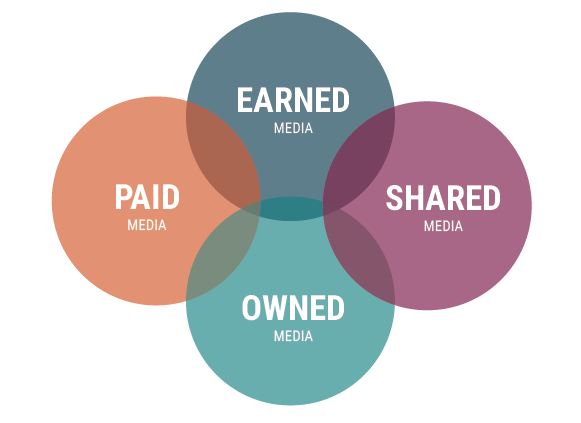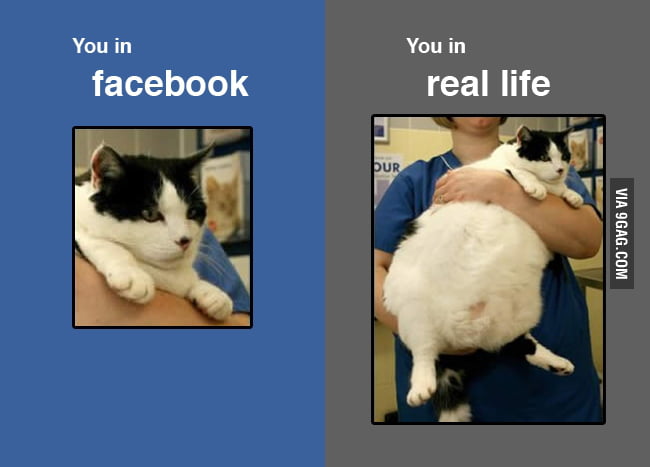Yesterday I had an interesting talk with some lovely ladies at
éclat Marketing that inspired me to write a blog series about the challenges of PR. What I will discuss will be my opinion of the general difficulties PR is facing in modern times.
Today's topic is a bit like PR's Nemesis:
evaluation.
Public Relations is often seen as a part discipline of marketing/journalism/advertising. This, however, neglects the fact that PR is a standalone discipline within the communication network with different requirements and focuses.
The
CIPR defines PR as follows:
'Public Relations is about reputation - the result of what you do, what you say and what others say about you. Public Relations is the discipline which looks after reputation, with the aim of earning understanding and support and influencing opinion and behaviour. It is the planned and sustained effort to establish and maintain goodwill and mutual understanding between an organisation and its publics.'
Admittedly, it does sound fairly intangible. Intangibles are usually difficult to measure. Still, evaluation is often one of the top priorities for PR practitioners, but it is still being compared to ’the search for the Holy Grail’ (Noble, 1999, p. 14). The problem that a lot of practitioners face and probably fear is the high amount of research that comes along with evaluation.
On the basis of this necessity Noble has established the following ‘seven principles of evaluation’ (1999, p. 19):
Evaluation…
1) …is research.
2) …looks both ways.
3) …is user- and situation-dependent.
4) …is short term.
5) …is long term.
6) …is comparative.
7) …is multi-faceted.
These seven principles show that evaluation is definitely multi-faceted and not so easy to grasp. However, for PR you just need research and statistical skills. Evaluation is crucial for the professionalisation of our job (more about this in Part 2). You can't manage what you can't measure!
 |
| Source: Padmanegara, 2010 |
Macnamara's Pyramid Model highlights one crucial factor of PR evaluation: the distinction between Output and Outcome. The output such as readership or circulation is a crucial factor, but it is important to recognise that it is
not the ultimate objective. The
outcome, however, is the desired goal of evaluation.
In 2010, the second European Summit on Measurement agreed on a global evaluation standard for the first time, the
Valid Metrics Matrix (VMM). This framework ‘integrates measurement and evaluation into a planning framework as well as focusing on the contribution of communications to the achievement of business […] results’ (Watson & Noble, 2014, p. 170). The VMM moves the focus from ‘measuring outputs to measuring outcomes’ (Jeffrey, 2013). It helps identify ‘metrics [that are] […] linked to the business objective of the program’ and apply them to the communication activities (Jeffrey, 2013).
 |
| Source: Slideshare.net |
Due to its relatively young age, there is not much literature about the VMM. Time will have to tell whether it is a tool applicable to practical work or if there is something better coming up the way, but I can tell you, it's not the AVE.
Sources:
Jeffrey, A., 2013. AMEC’s Valid Metrics Framework: Magic Measurement Bullet?. [Online]
Available
here
Noble, P., 1999. Towards an inclusive evaluation methodology. Corporate Communications, 4(1), pp. 14-23.
Padmanegara, P., 2010. Pyramid Model of PR Research. [Online]
Available
here
Watson, T. & Noble, P., 2014. Evaluating Public Relations. A guide to planning, research and measurement. 3. ed. London: Kogan Page Limited.


















